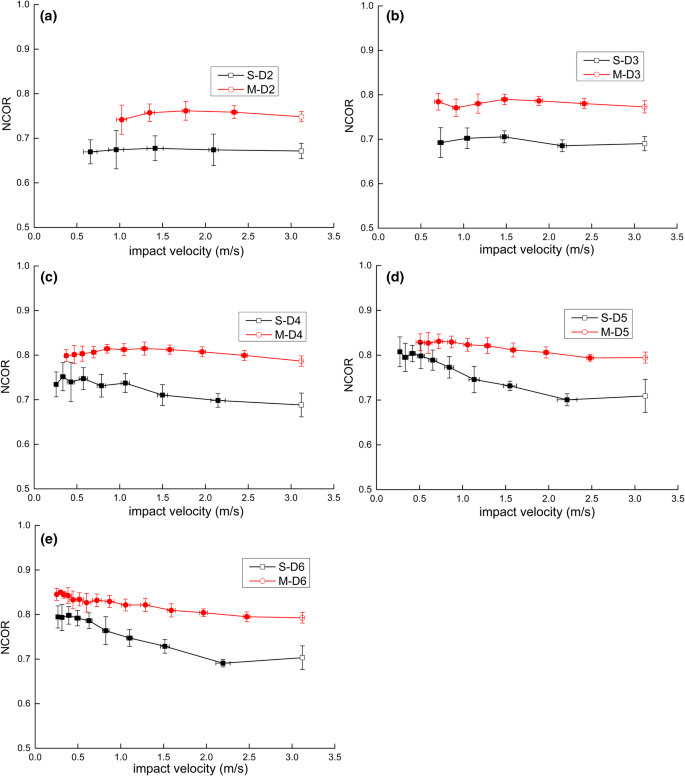You can see in this photo below a sample student science notebook.
Marble collision lab conclusion.
Your marbles may be different in color.
This was done by causing elastic collisions inelastic collisions and explosions of carts on a dynamic track.
2 d collision lab problem.
In this lab this was analyzed in multiple collision situations.
This allows us to write the momentum impulse theorem.
The student has recorded that when the small marble collided with the big marble the big marble traveled 48 cm.
I display the directions for this marble lab on the board for all to see and then let students begin exploring.
The purpose of this lab was to look at a two dimensional collision two marbles and to determine if momentum and energy are conserved.
Play with the sims physics motion collision lab work with 1d collisions at this.
Anthony moreno and brandon on april 22 2019 purpose.
You will measure the speed of each marble before and after the collision to determine whether momentum is conserved in this system for collisions between.
To keep the marbles straight this lab will refer to the inbound marble as the blue marble and the marble that is sitting still on the track at the start as the white marble.
The marble coming into the collision is called the inbound marble in this laboratory.
In this lab you will roll a marble down a ramp and at the bottom of the ramp the marble will collide with another marble.
Abstract the conservation of momentum is a very important concept in physics.
Vary the elasticity and see how the total momentum and kinetic energy changes during collisions.
Swivel the curved ramp around until it is lined up with the target support.
Use an air hockey table to investigate simple collisions in 1d and more complex collisions in 2d.
Marble collisions teacher version in this lab you will roll a marble down a ramp and at the bottom of the ramp the marble will collide with another marble.
Measurement with marbles 4 hands on math for homeschoolers teacher graphing sheet marble roll graphing sheet graph title 1 20 1 1 0 1 00 90 80 70 60 50 40 30 20 1 0 distance number of unifix cubes.
2 balls of identical mass 1.
2 steel balls 1 glass ball 2 sheets of carbon paper masking tape paper c clamp 2 d collision apparatus set up as in diagram procedure.
During a collision an object s momentum can be transferred to impulse which is the product of force n and time s over which the force acts.
Experiment with the number of discs masses and initial conditions.

